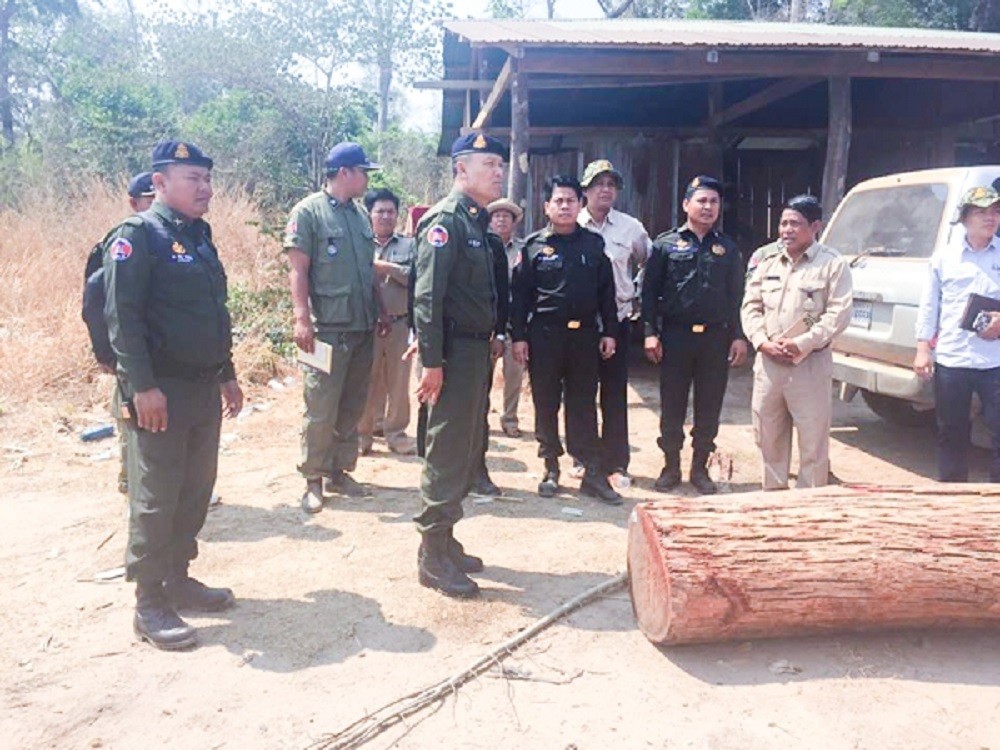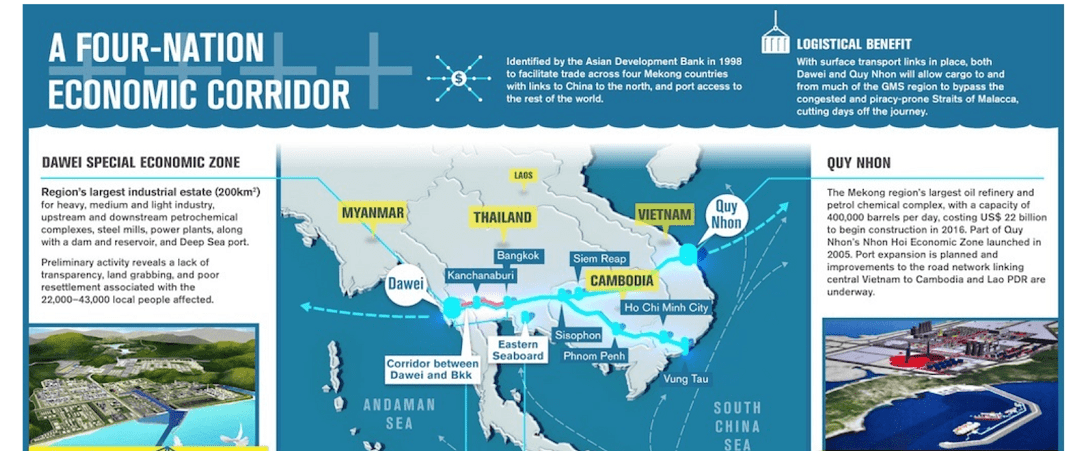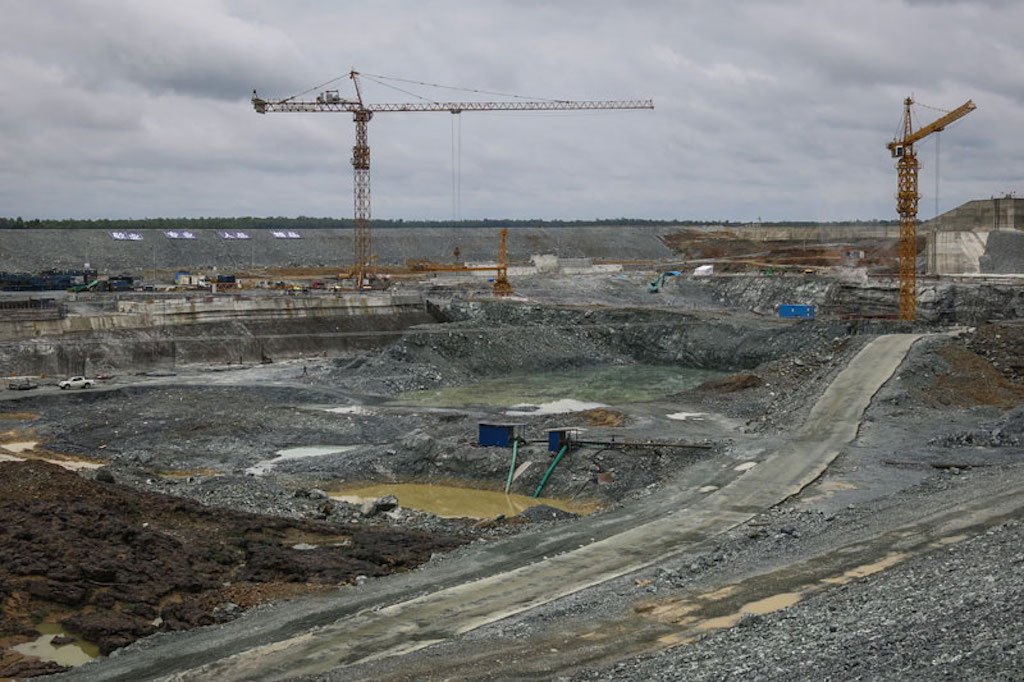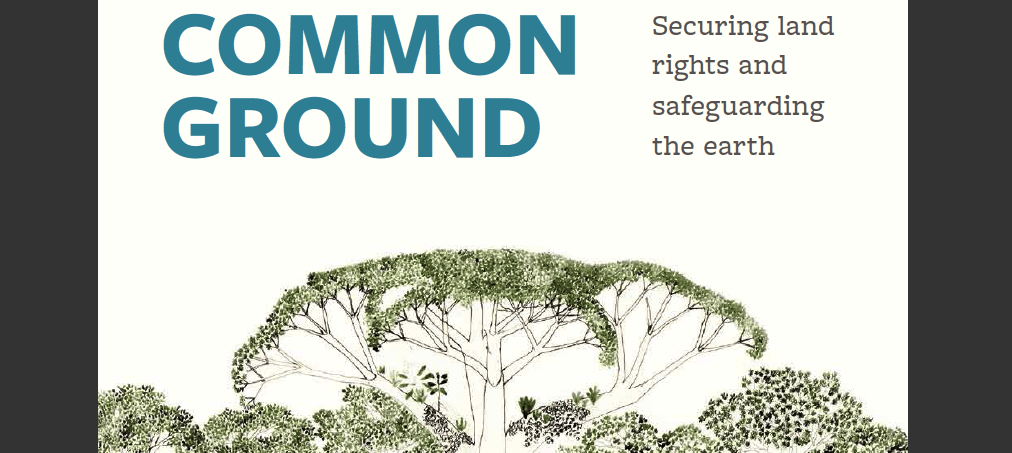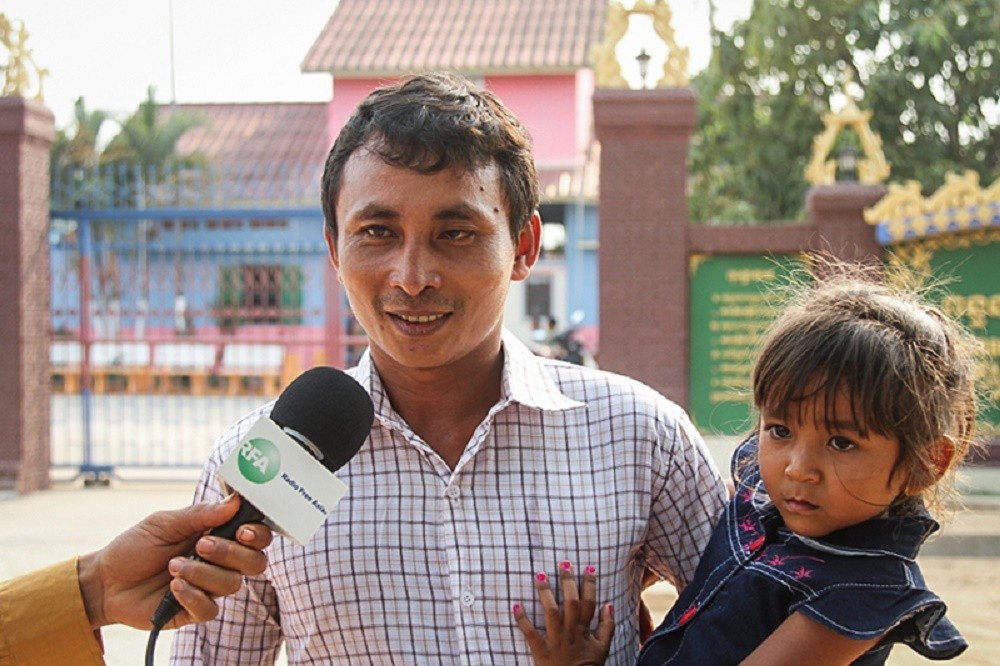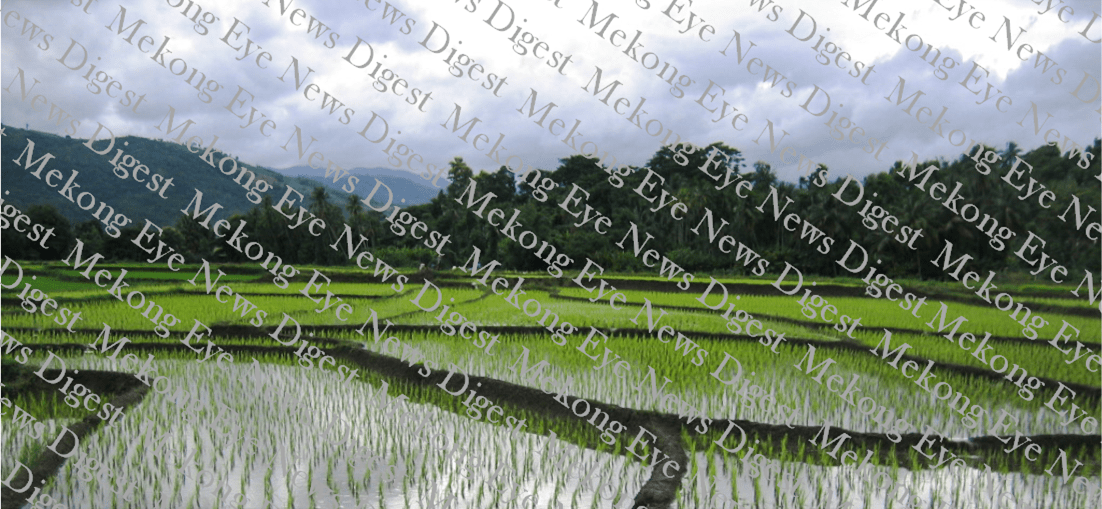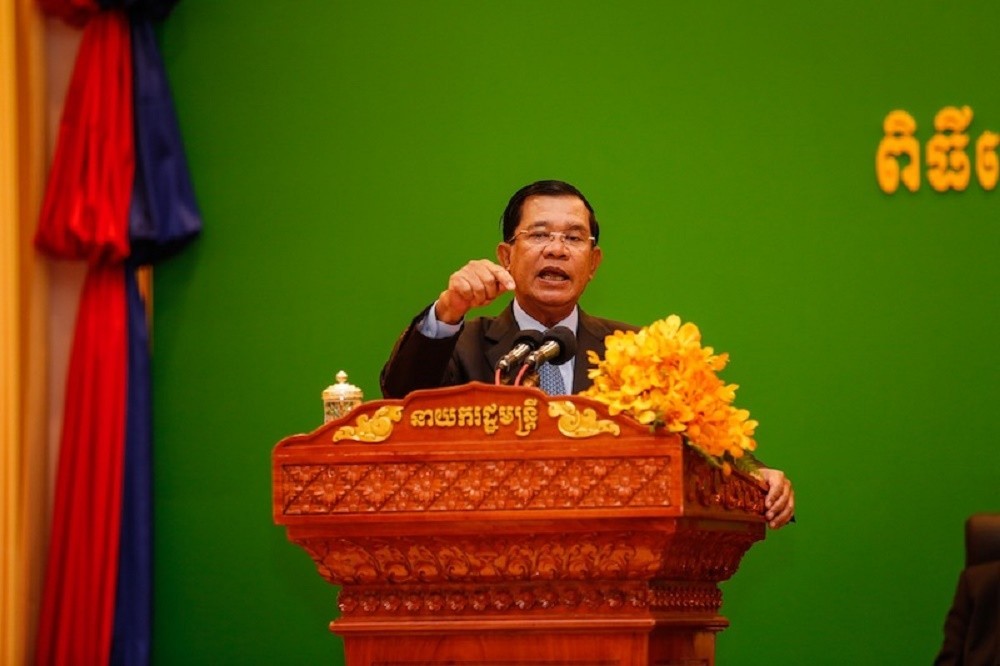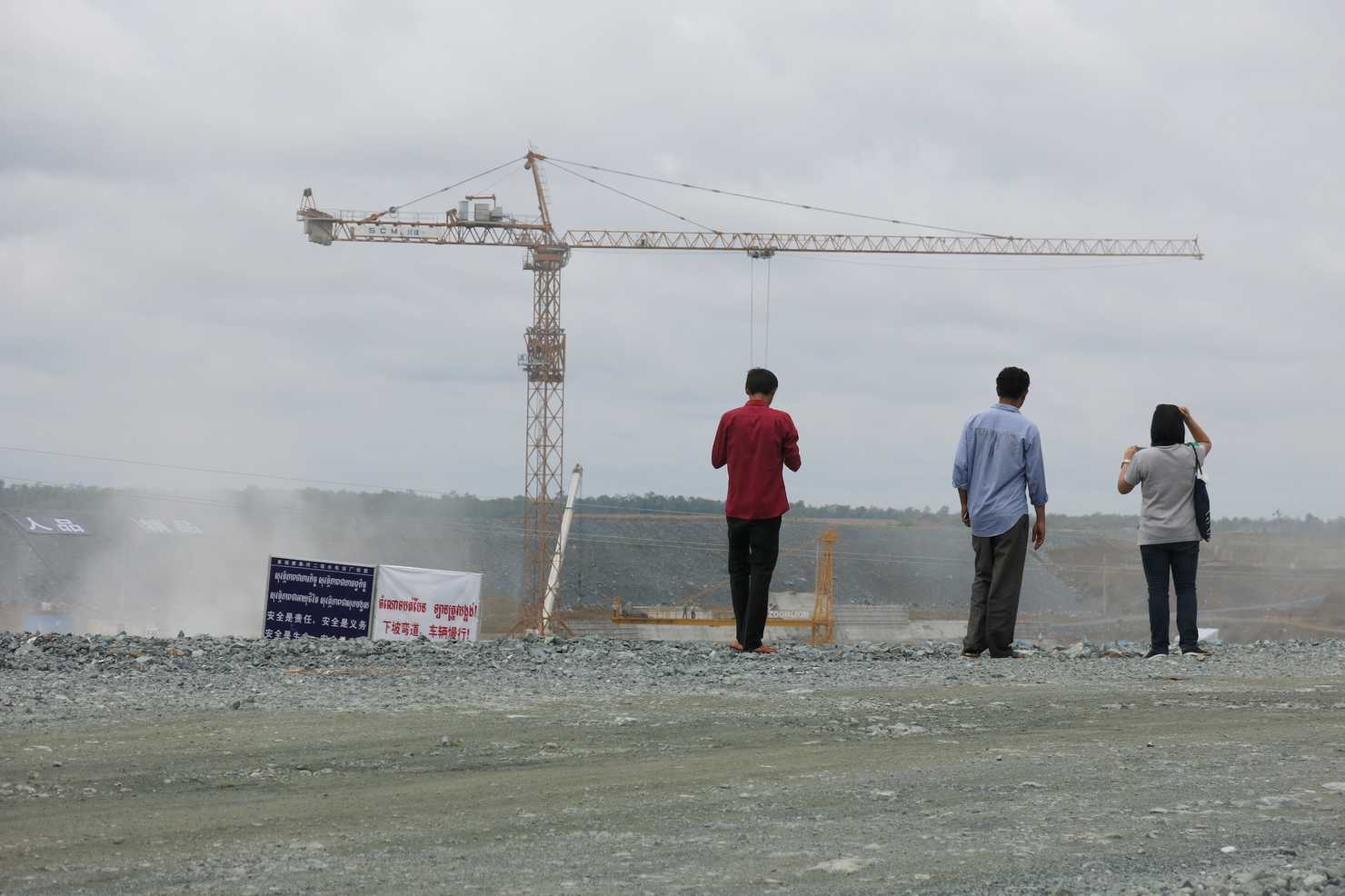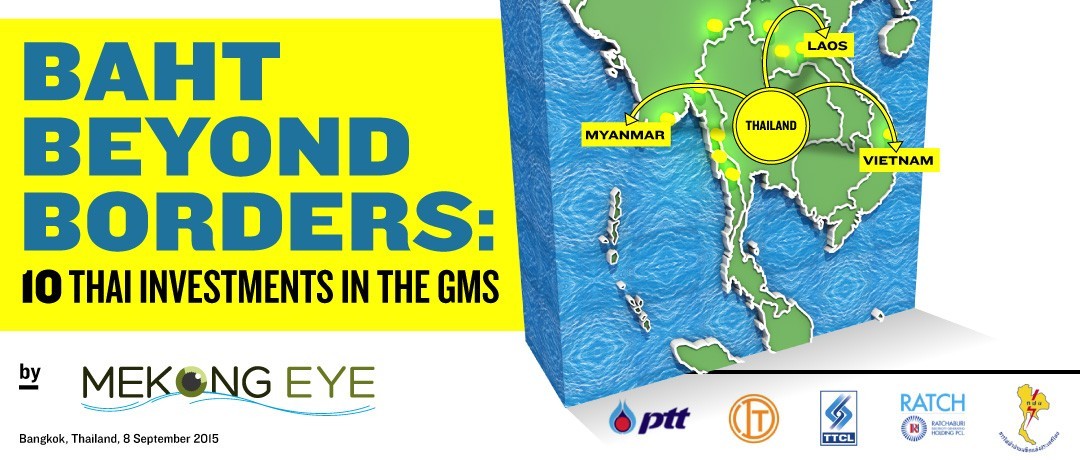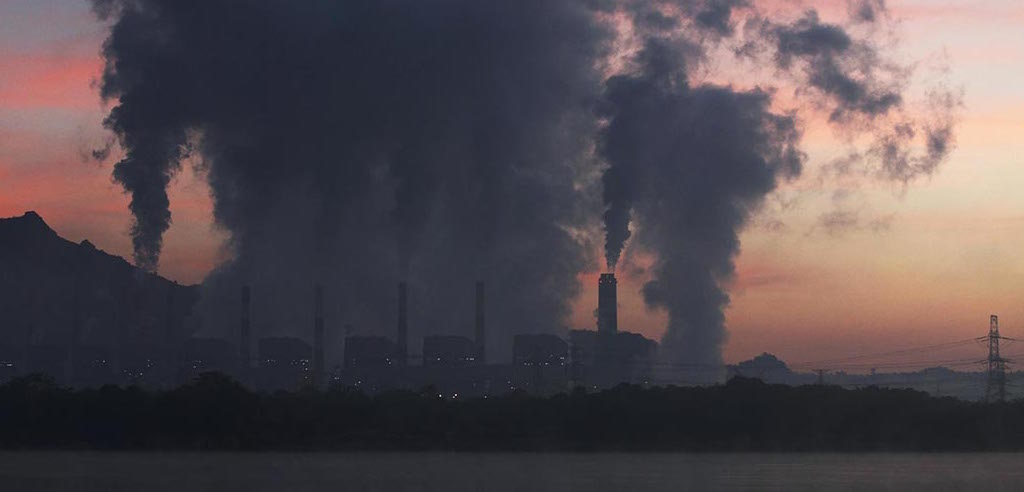The National Anti-Deforestation Committee (NADC) filed complaints to provincial courts against five companies that obtained economic land concessions (ELCs) from the government after discovering irregularities in the companies’ timber stocks after a three-day inspection.
Category: Cambodia
Massive Dawei Corridor Set to Span Four Nations
Some 196 square kilometers along Myanmar’s west coast is slated for transformation into a deep sea port and industrial estate unrivaled anywhere else in the region.
More Families Take Deals to Vacate Dam Site
Another 73 families in Stung Treng province have accepted the government’s offer of new land in exchange for the farms they will lose to the Lower Sesan II hydropower dam currently under construction, the second group to take the deal.
Seventy families accepted the land swap in May to make way for the 400-megawatt dam being built in a joint venture between the Royal Group and China’s Hydrolancang International Energy across the Sesan and Srepok rivers, both tributaries of the Mekong.
Common Ground: Securing land rights and safeguarding the earth
Up to 2.5 billion people depend on indigenous and community lands, which make up over 50 percent of the land on the planet; they legally own just one-fifth. The remaining five billion hectares remain unprotected and vulnerable to land grabs from more powerful entities like governments and corporations. There is growing evidence of the vital role played by full legal ownership of land by indigenous peoples and local communities in preserving cultural diversity and in combating poverty and hunger, political instability and climate change. The importance of protecting and expanding indigenous and community ownership of land has been a key element in the negotiations of the Sustainable Development Goals and the Paris Agreement on climate change, and is central to their successful implementation. This report launches a Global Call to Action on Indigenous and Community Land Rights, backed by more than 300 organizations all over the world. It is a manifesto of solidarity with the ongoing struggles of indigenous peoples and local communities seeking to secure their land rights once and for all.
Environmental Campaigner Convicted of Forestry Crime
A prominent anti-dam activist in Koh Kong province who has been jailed since October was convicted Thursday of illegal logging and given a suspended prison sentence, allowing him to walk free but leaving the shadow of a criminal conviction hanging over him.
The decision marked the first conviction of an activist affiliated with the group Mother Nature, which has been a thorn in the side of the government for the past two years due to its provocative and eye-catching protests against the impending construction of a hydropower dam in Koh Kong’s Areng Valley.
Hydro standards ‘below par’, study finds
Chinese money accounts for the overwhelming majority of investment in Cambodia’s anaemic energy sector, but while the government has been happy to take Beijing’s loans for the construction of hydroelectric plants, a study published last month found that such investment came with both ecological and economic consequences.
PM Pledges 1M Hectares of ELC Land to Poor
Prime Minister Hun Sen on Thursday declared an end to the government’s review of Cambodia’s economic land concessions (ELCs), pledging that nearly 1 million hectares of reappropriated property would be handed over to poor families. He also announced a major reorganization of the two ministries involved in granting ELCs.
Environmental and human rights groups have identified ELCs as a cause of some of Cambodia’s most pressing problems in recent years, from rampant deforestation to forced evictions across the country.
ASEAN’s special role in managing energy decision: LS2 dam
Mekong countries’ chronic shortage of electricity which threatens to stymie economic growth, could be eased by pushing for acceleration of plans by the Association of Southeast Asian Nations (Asean) for a regional power grid. However, damming the Mekong River can causes widespread controversy in South East Asia. Lower Sesan 2 dam on Mekong river in Cambodia is a typical example.
Eye On: Baht Beyond Borders
With public opposition to major infrastructure projects a growing concern, and willing partners in neighboring countries eager to pick of the slack, Thailand’s industrialists are fanning out in all directions. Energy projects dominate the mix, including coal, gas and hydropower. As a result, it’s the Electricity Generating Authority of Thailand driving much of the activity.
Coal Power on the Rise: Mekong Region Digs In
While initiatives by the Asian Development Bank, ASEAN, United States, Japan, France and the private sector aim to advance renewable energy within the Greater Mekong Subregion (GMS), coal-fired power plants are slated to become an increasingly larger share of the region’s electricity generating portfolio.


